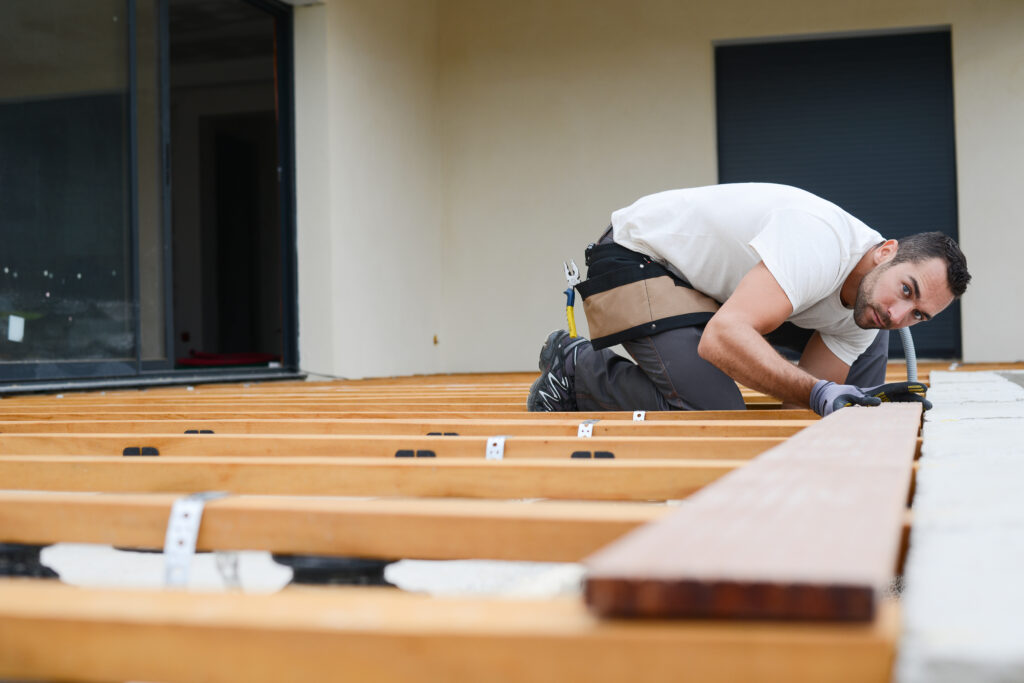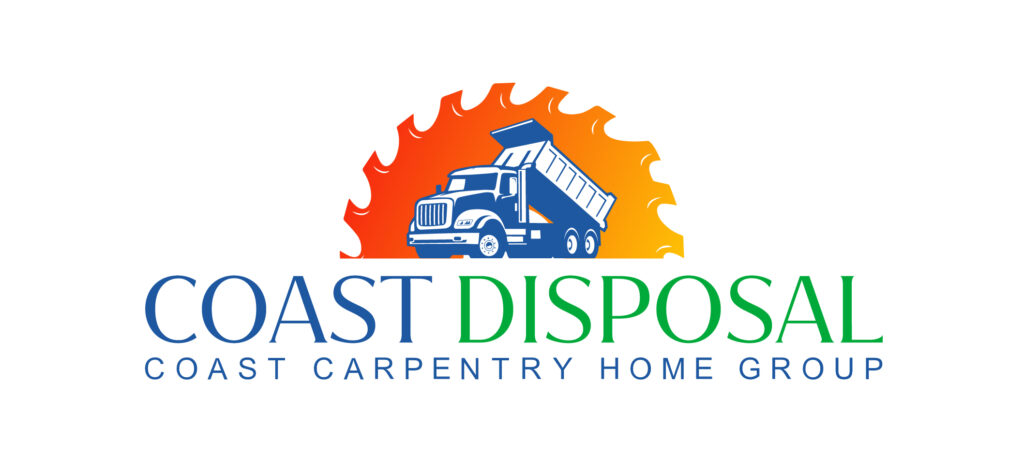Embarking on a construction or renovation project in the Cape Cod area requires navigating the permitting process to ensure your project’s legality and success. Building codes and regulations can vary by location and scope, and understanding the essential steps you need to take can save you from potential delays, fines, or complications.
In this article, we’ll provide a comprehensive guide to obtaining the necessary permits for Cape Cod construction projects, highlighting potential pitfalls to avoid and sharing expert tips for successfully navigating the process.
By working with a reliable partner like Coast Carpentry Construction, you’ll have access to the knowledge and experience needed to address permitting requirements effectively. Let’s explore how to tackle permitting for your Cape Cod project and set yourself up for a smooth, efficient, and valuable renovation or construction endeavor.
Navigating the Permitting Process for Cape Cod Construction Projects
1. Determine the Permits Required
Before starting any construction project in Cape Cod, it’s crucial first to determine the specific permits required for your project. Building codes and regulations can vary from town to town on Cape Cod, so contacting your local building department or town hall is essential for a comprehensive understanding of your project’s requirements.
Common permits necessary for Cape Cod construction projects include:
– Building permits
– Electrical permits
– Plumbing permits
– Mechanical permits
– Demolition permits
– Conservation permits
The permits necessary for your specific project will depend on the scope and complexity of the work involved. It’s advisable to consult with a contractor like Coast Carpentry Construction, who can guide you through the permitting process and ensure compliance with local regulations.
2. Application and Documentation
When applying for the necessary permits, you must submit detailed documentation, including plans and drawings, specifications for materials and fixtures, and any additional relevant information required by your local building department. Keep the following in mind when preparing your documentation:
– Consult with your contractor or architect to develop accurate and thorough plans for your project
– Verify that your plans meet local zoning requirements and building codes, including setbacks, height restrictions, and lot coverage limitations
– Ensure your plans account for any existing easements, rights-of-way, or protected natural resources on the property
– Double-check any materials, fixtures, and systems to ensure they meet local requirements for energy efficiency, durability, and safety
Filing a complete and accurate application is essential to avoid delays in your project and ensure your design’s approval.
3. Inspections during Construction
Throughout your Cape Cod construction project, local building inspectors can visit your site at various stages to ensure the work is progressing according to the approved plans and adhering to local building codes. These inspections help verify the safety and quality of the work performed. Typical inspections include:
– Foundation inspection: Performed before you pour the foundation or footer, focusing on the excavation depth and the placement of reinforcing steel
– Framing inspection: Covers the building’s structural elements, including the framing, sheathing, and roof structure, before walls and insulation are installed
– Electrical, plumbing, and mechanical inspections: Assess the installation of electrical systems, plumbing pipes, and heating, ventilation, and air conditioning (HVAC)
– Insulation inspection: Verifies that insulation materials and installation meet local energy efficiency requirements
– Final inspection: Conducted upon completion of the project, focusing on general safety and compliance with all building codes and regulations
An essential part of the permitting process, inspections help ensure that your construction project results in a safe and high-quality build.
4. Permits and Historic Preservation
Cape Cod is known for its charming, historic architecture, which is carefully preserved through local historic district regulations. If your property lies within a designated historic district, you may need additional permits and approvals for your construction project. Requirements can vary from town to town, but generally, they involve:
– Obtaining a Certificate of Appropriateness: This certificate serves as approval from the local historic commission that your project’s proposed plans and materials align with the historic character of the property and the district
– Following guidelines for materials and design: Each historic district may have specific rules for exterior materials, colors, trim profiles, and window and door styles, among other things, to maintain the area’s architectural integrity
The permitting process for historic properties requires careful attention to detail and a thorough understanding of the applicable local guidelines. Working with experienced contractors like Coast Carpentry Construction ensures your project meets the necessary regulations without compromising your home’s historic charm.
5. Navigating the Appeals Process
Suppose your permit application is rejected or you run into a roadblock with local regulatory constraints. In that case, you may need to go through an appeals process, such as seeking a variance or a special permit from a local zoning board of appeals. The appeals process typically involves:
– Clearly demonstrating that your project’s unique circumstances make strict adherence to the regulations problematic or unfeasible
– Attending public hearings and presenting your case to the zoning board, along with any supporting documentation or expert testimony
– Addressing any concerns or objections raised by neighbors or other interested parties
– Modifying your project plans, if necessary, to address concerns and improve your chances of approval
Appealing a permit denial or pursuing a variance can be a complex and time-consuming process. Consulting with experienced contractors and professionals who are well-versed in local zoning regulations and can guide you through the process is invaluable in achieving a successful outcome.
By understanding the permitting process for your Cape Cod construction project and working alongside an experienced contractor like Coast Carpentry Construction, you can ensure the process runs smoothly, keeping your project on track and in compliance with local requirements.

Streamline the Permitting Process with Coast Carpentry Construction
Successfully navigating the permitting process is essential to ensuring a smooth, legal, and compliant construction project for your Cape Cod home. Understanding the steps involved, from determining the necessary permits and submitting thorough documentation to managing on-site inspections and navigating potential appeals, can save you from potential delays and complications.
With expertise in Cape Cod’s unique building regulations, Coast Carpentry Construction can help simplify this often complex and overwhelming process. Get started on your Cape Cod construction project today by contacting us for a consultation. Our team will walk you through the permitting process and manage all aspects of your renovation or build to ensure a successful and satisfying outcome.
Don’t let permitting obstacles hold you back—reach out to Coast Carpentry Construction and begin realizing your Cape Cod home transformation.







